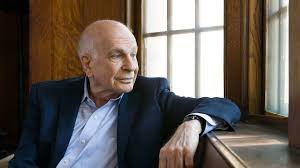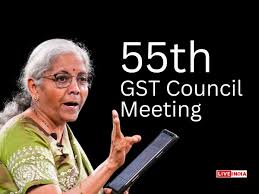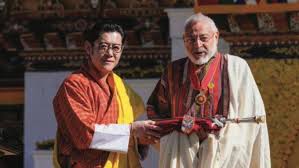Daniel Kahneman: Psychologist Who Revolutionized Economics Dies at 90
Daniel Kahneman, a renowned psychologist whose groundbreaking work in behavioral economics reshaped our understanding of decision-making, passed away at the age of 90. His contributions to the field have had a profound impact not only on psychology but also on economics, influencing policies and strategies across various sectors.

Importance of Daniel Kahneman’s Legacy
Kahneman’s work is of paramount importance due to its implications in several domains, including economics, psychology, and public policy. His research paved the way for a deeper understanding of human decision-making processes, shedding light on the irrational tendencies that govern our choices. This is particularly significant for students preparing for government exams, as it provides insights into human behavior, which is often tested in exams like civil services, banking, and defense.
The Influence on Economic Theory
Kahneman’s collaboration with Amos Tversky led to the development of prospect theory, which challenged traditional economic theories based on rational decision-making. By demonstrating that individuals’ decisions are often influenced by cognitive biases and heuristics, Kahneman revolutionized economic thought. Understanding these concepts is crucial for students aiming for positions in the economic sector or those preparing for exams that include questions on behavioral economics.
Impact on Public Policy
Kahneman’s research findings have also influenced public policy formulation. By recognizing the limitations of relying solely on rational decision-making models, policymakers can design more effective interventions that account for human behavior. This knowledge is valuable for aspirants seeking positions in government agencies, where the ability to analyze and formulate policies based on behavioral insights is highly regarded.
Historical Context
Daniel Kahneman’s journey to becoming a seminal figure in psychology and economics began in the 1970s when he collaborated with Amos Tversky at Hebrew University in Israel. Their collaboration resulted in groundbreaking research on cognitive biases and decision-making processes. In 2002, Kahneman was awarded the Nobel Prize in Economics for his contributions to behavioral economics, becoming the first psychologist to receive this honor.
Key Takeaways from Daniel Kahneman’s Legacy
| Serial Number | Key Takeaway |
|---|---|
| 1. | Kahneman’s work in behavioral economics revolutionized economic theory by challenging the assumption of rational decision-making. |
| 2. | His collaboration with Amos Tversky led to the development of prospect theory, which explained how individuals make decisions under uncertainty. |
| 3. | The insights from Kahneman’s research have practical implications for public policy formulation, leading to more effective interventions and strategies. |
| 4. | Understanding cognitive biases and heuristics is crucial for analyzing human behavior, which is often tested in government exams for various positions. |
| 5. | Kahneman’s Nobel Prize in Economics in 2002 highlighted the significance of his contributions to the field, cementing his legacy as a pioneer in behavioral economics. |
Important FAQs for Students from this News
What were Daniel Kahneman’s major contributions to economics and psychology?
Daniel Kahneman revolutionized economics and psychology by challenging traditional theories of rational decision-making. His work on cognitive biases and prospect theory significantly impacted various sectors.
How did Daniel Kahneman’s research influence public policy?
Kahneman’s insights into human decision-making processes have led to more effective public policy formulation. Policymakers now consider behavioral economics principles when designing interventions and strategies.
Why is understanding cognitive biases important for students preparing for government exams?
Government exams often assess candidates’ ability to analyze human behavior. Knowledge of cognitive biases and heuristics, as elucidated by Kahneman, is crucial for answering such questions accurately.
What was the significance of Kahneman receiving the Nobel Prize in Economics?
Kahneman’s Nobel Prize in 2002 underscored the importance of behavioral economics in shaping economic theory and policy. It validated his contributions and brought mainstream attention to the field.
How can students apply Kahneman’s principles in exam preparation and beyond?
By understanding Kahneman’s insights, students can approach exam questions with a deeper understanding of human decision-making. Moreover, these principles are applicable in various real-life scenarios, including policymaking and professional settings.
Some Important Current Affairs Links
















